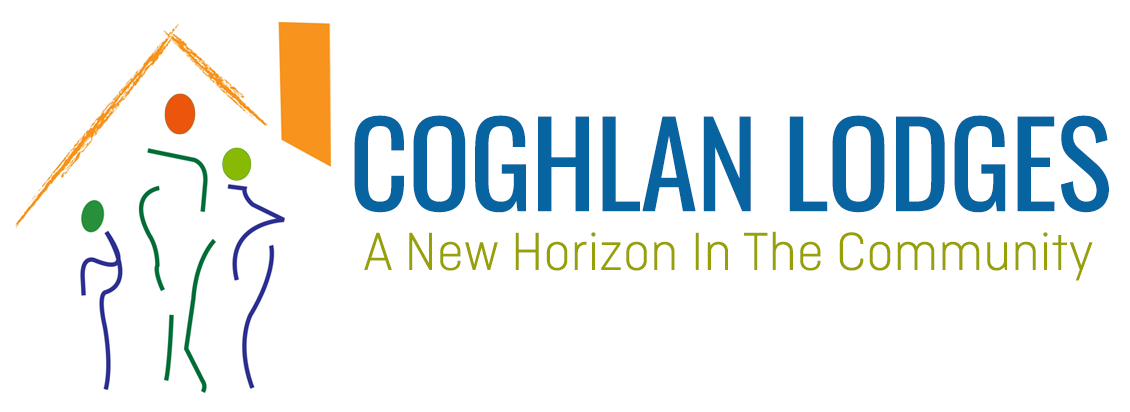About Us
Coghlan Lodges offers supported living service for clients with Mental Health Issues including;
Dual Diagnosis,
Learning Disabilities
Substance Misuse Issues
and also caters for clients those needing Respite Support.
We offer support services, short, medium and long term, using various therapeutic interventions based on the Recovery Model. All staff members undergo rigorous recruitment checks and are employed in line with equal opportunities guidelines.
We provide staff training and supervision as a fundamental part of their personal and professional development.
We have service level agreement with with CareWatch. Since we are not registered with CQC.
So, they provide regulated activity to those needing personal care. Find out more..

Our Philosophy
- Deliver the highest quality of support in a pleasant and homely environment as governed by Supporting People Strategy, to vulnerable of a working age:
- Mental Illness
- Dual Diagnosis
- Respite
- Provide support to clients discharged from;
- Psychiatric Hospital
- Acute Wards
- Low secure Wards
- Medium secure Wards
- Respite
- Special Hospitals into independent living in the wider community
- Psychiatric Hospital
- Maximize their potential for normal risk taking while ensuring privacy & dignity and promoting independence, choice, rights and fulfillment.
Our Objectives
- Promoting an atmosphere of support which enables and encourages our clients to live a full and independent life style.
- Providing comfortable and non-institutional homely life for clients and ensuring that they enjoy a good balance between safety and self-determination.
- Enabling them to manage their lives within the framework of the home and the community, while taking full responsibility for their actions.
- Encouraging clients to participate in decision making and the daily routine of the home working in partnership with staff and their families.
- Supporting them in taking responsibility of their own lives while learning essential social skills.
- Helping them not only to recognise but to participate in training and development within the community.
- Enabling clients to participate in their own assessments, reviews and support plans in partnership with their key workers and other carers & family.
- Facilitating regular individual and group meetings between clients and staff.
- Providing regular staff training, development and supervision.
